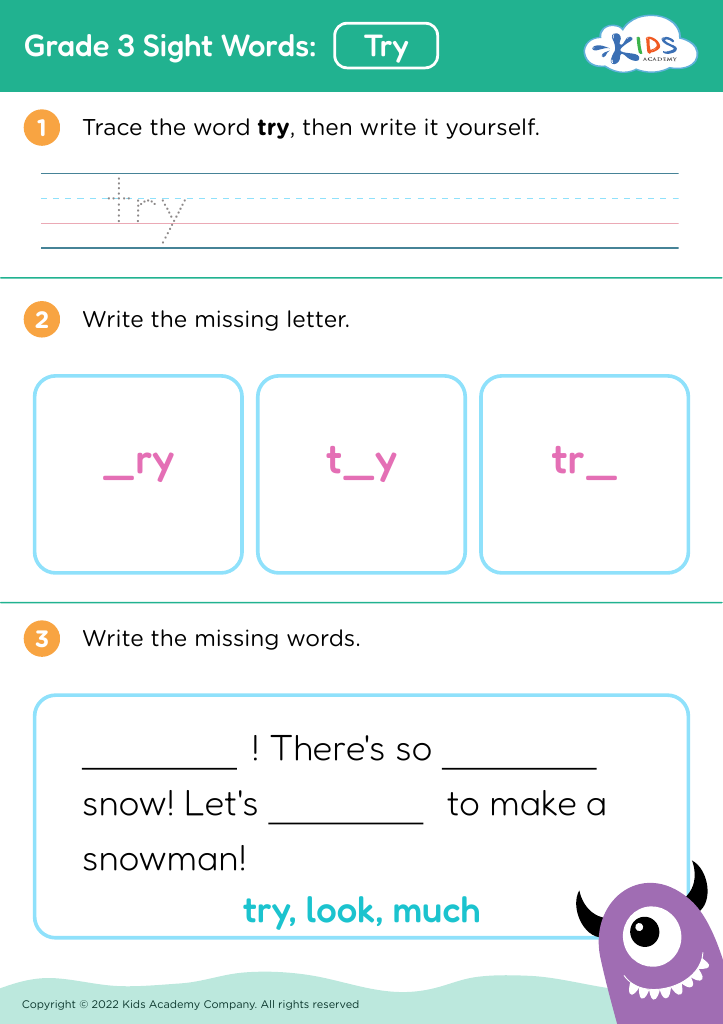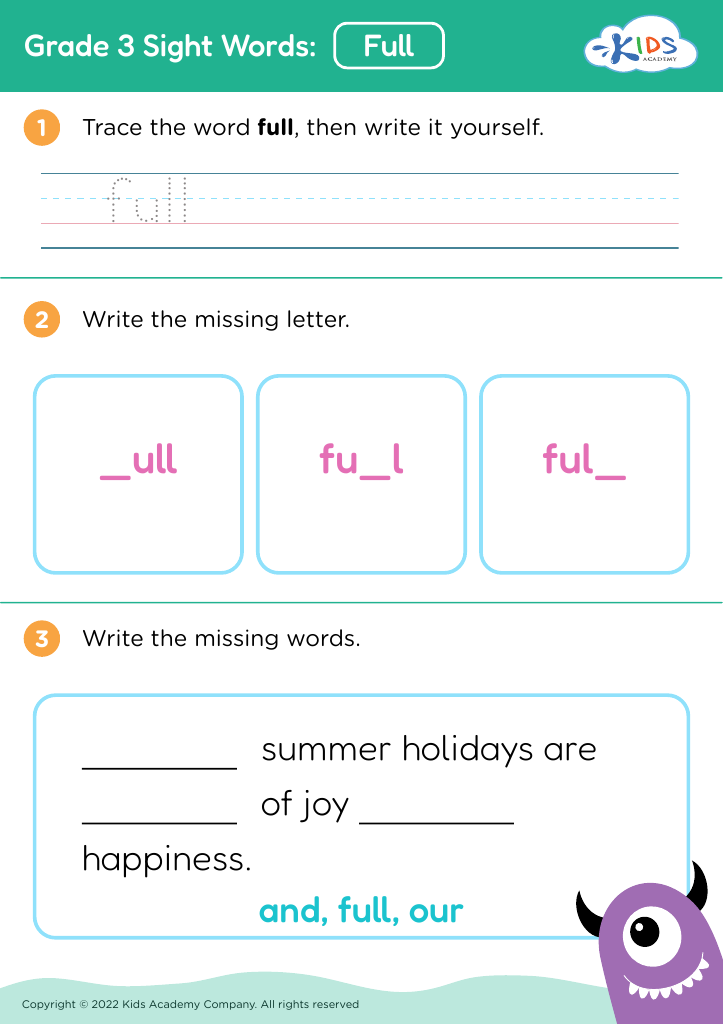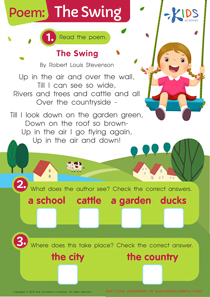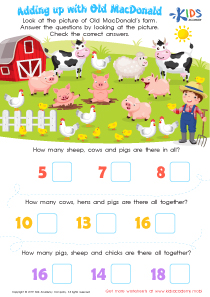Counting practice Grade 3 Building Vocabulary Worksheets
4 filtered results
-
From - To
Title: Counting Practice Grade 3 Building Vocabulary Worksheets
Description: Enhance your third grader's vocabulary and counting skills with our engaging Counting Practice Building Vocabulary Worksheets. Designed for children in Grade 3, these printable activities combine fun counting exercises with essential vocabulary building. Each worksheet features dynamic and diverse content, ensuring that young learners stay challenged and motivated. Ideal for honing mathematical proficiency while expanding language skills, our resources foster both confidence and competence in your child's educational journey. Trusted by educators and parents, Kids Academy helps make learning enjoyable and effective. Explore our collection today and support your child's development!


The Dog and His Bone Worksheet
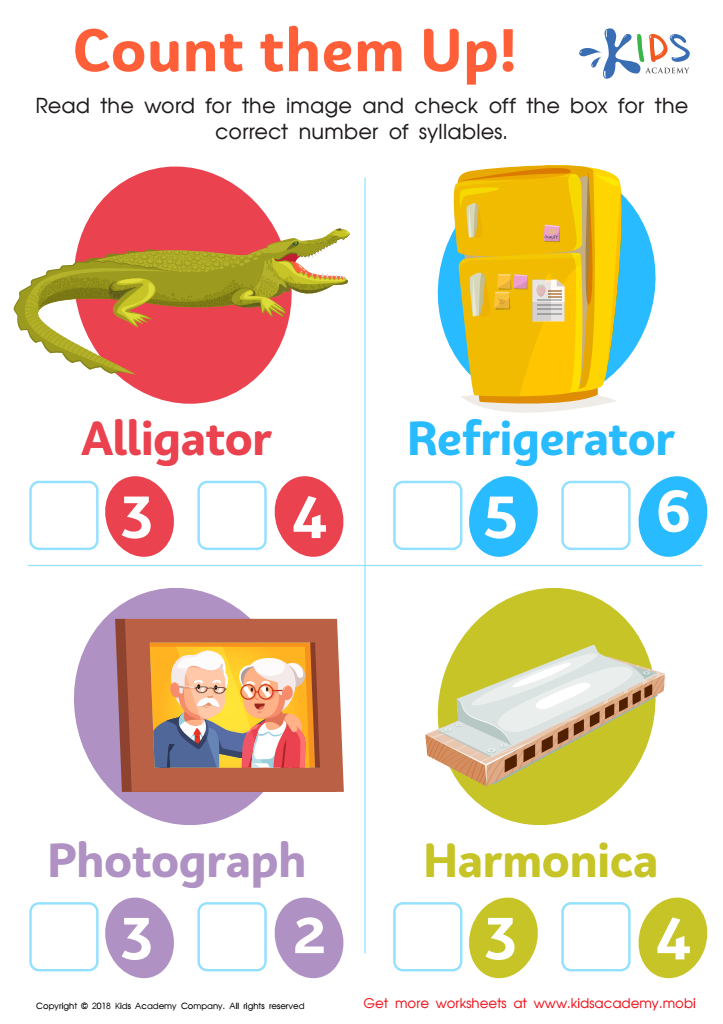

Count Them Up Worksheet
Parents and teachers should care about counting practice and vocabulary building in Grade 3 because these foundational skills are pivotal for children's ongoing educational development. At this critical stage, students transition from basic arithmetic to more complex math concepts. Strong counting skills underpin their ability to master addition, subtraction, multiplication, and division. Without consistent practice, kids can struggle with these advanced calculations, potentially leading to gaps in understanding that hinder future learning.
Building vocabulary is equally important, as it directly correlates with reading comprehension and overall academic success. A robust vocabulary enables children to understand instructions, grasp context in stories, and express themselves more clearly and accurately. This foundational linguistic capability supports learning across all subjects, not just language arts.
Incorporating counting practice enhances cognitive abilities such as number sense, pattern recognition, and problem-solving skills. Vocabulary building, on the other hand, enriches students' communication abilities and literacy development. Encouraging these practices early fosters a love for learning, instills confidence, and prepares students for the increased academic demands they will face in higher grades. Supporting children's growth in these areas equips them with skills necessary for both classroom success and everyday life.
 Assign to My Students
Assign to My Students
